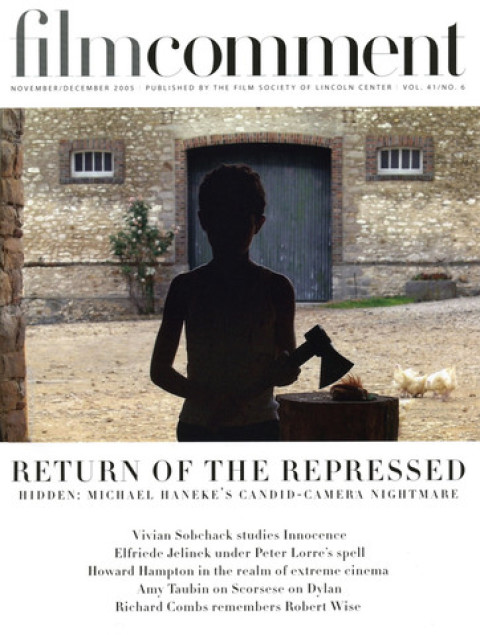
How did the project originate? What was the guiding principle?
I had already compiled the Morricone 2000/2001 records for Filippo Salvadori and Dagored Records when Filippo contacted me to compile a 2-CD set consisting of out/avant-garde/experimental Morricone tracks. He sent me a list of the scores he could license to choose tracks from and I created the release from that specific list of scores although I added one track from outside the list which Filippo managed to get the licensing for anyway.
The title obviously alludes to a darker side of Morricone, but not everything in the package is necessarily ominous.
Correct. Morricone uses melody and more upbeat moods within the context of dark film scores. He always has. Although there are a wide variety of ominous sounds throughout this comp.
What were you up against in terms of the already available material? Music rights problems and such.
Everything I was given to select from was already cleared to license. Of course there are many Morricone scores I would have used instead, given the opportunity, but there are many problems getting clearance for those scores. The biggest problem being that the owners of the material will not allow licensing period! Not yet, anyway.
What was the research-archival process like?
The process is and has been all about spending too much time and money to support the addiction Morricone is for me. I don’t recommend it for everyone, but once one is obsessed, it’s beyond one’s control. I have most of what I know to exist in a particular period of his. I am most interested in the years 1963-1980. I created a very selective 15-cassette compilation in1995 from my highly scrutinized collection that I had acquired by that time, and I gave a copy of that set to a few friends. Today, that collection is infantile to the CDR compilation sets I have created since more material, which was unavailable previously, continues over time to appear on reissues. And there are many more unheard Morricone scores/tracks sitting around in locked vaults and other mysterious locales. I would say that a definitive collection of his work would have to be at least 50 hours of material, which I could hardly say for anyone else other than Sun Ra. After all, he’s the only composer I know of who has an appreciation society that released a bi-annual magazine dedicated to him for 15 years along with a 500-page discography of his work that is outdated by 14 years now. And it’s quite absurd that many Americans are familiar with John Williams and Danny Elfman, yet they’ve never heard of the great Ennio Morricone!
The idea of another Morricone disc(s) in a sea of already available material … how did all that factor in?
There’s no denying that there are far too many Morricone comps released every year. Each comp has its own personality to it. I would rather choose tracks for a comp than let someone else do it simply because Iím convinced that my choices will be superior to what others will choose.
![]()
I am very curious about the sequencing. Can you comment on that process?
I sequenced the tracks the way I would have created a mix for my own listening experience. For me, it’s always more effective to separate similar moods or styles and to focus on the diversity as opposed to chronology or category as Morricone’s music is timeless and well beyond most human’s ability to categorize coherently, as I have witnessed with many other compiling attempts by those who have no clue as to the depth of what they are dealing with.
Was there any help (or hindrances) put forth by Morricone or his people?
Not at all. There is hardly ever an involvement of Morricone with most comps of his music.
Is he even aware of the discs?
I’m sure he becomes aware of all discs with his name on it and eventually gets copies.
I’m wondering how much of the usable material was left out.
There were over 25 scores to choose from for this particular release, and the tracks I used were the best possible choices. To use any more would have created unnecessary filler material, as the specific tracks chosen are the critical tracks. One must remember that Morricone has appeared on thousands of recordings as a composer, conductor, arranger, or musician, so, in essence, most people are left out of even realizing what the man has accomplished, and there’s no other way to begin to understand it unless one is willing to spend a huge amount of time immersed in it. He is one of the greatest artistic minds of history, and I personally, and with full-on intentional arrogance, know that his work dwarfs any other film composer that can be named.
Will there be a follow-up?
It has not been discussed, but who knows?
I hear a million sonic references, everything from Varese to Miles. I’m curious as to what yours are.
Bach to Cage, Middle Eastern to Heavy Rock to Free Jazz …Yes, there’s a million in there somewhere!








